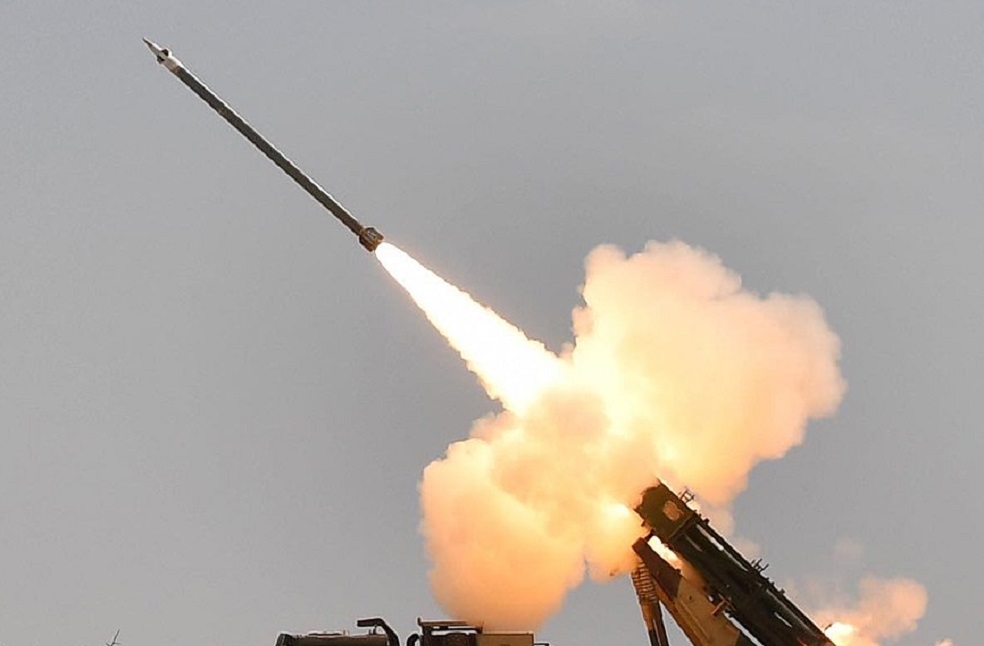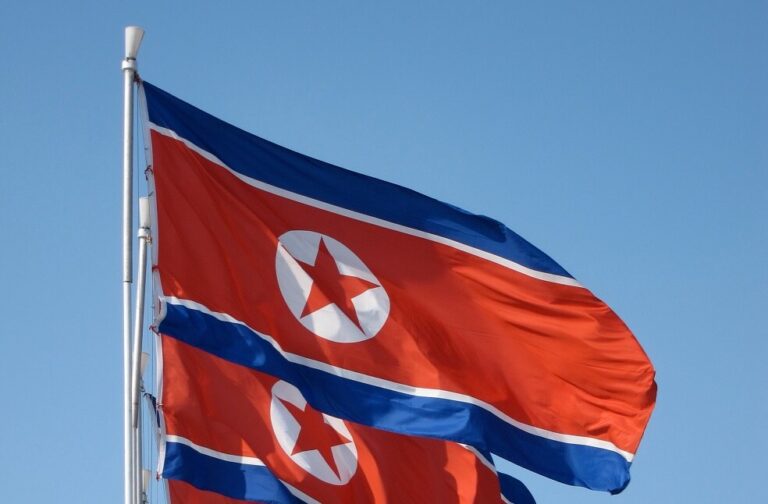North Korea: North Korea has tested a “super-large warhead” intended for a strategic cruise missile and launched a novel kind of anti-aircraft missile according to official media.
“The DPRK Missile Administration has conducted a power test of a super-large warhead designed for ‘Hwasal-1 Ra-3’ strategic cruise missile”, KCNA news agency reported on Saturday, referring to North Korea by an abbreviation for its official name – Democratic People’s Republic of Korea.
North Korea also conducted a test launch of a “Pyoljji-1-2,” a “new-type anti-aircraft missile,” according to official media.
Without going into further information, KCNA continued, saying that “a certain goal was attained” by the test.

According to KCNA, the weapons tests were a component of the administration’s “regular activities” and “its affiliated defence science institutes,” referring to the use of “new-type weapon systems.”
KCNA stated that the tests “had nothing to do with the surrounding situation,” but it did not provide any other details.
Early in April, North Korea announced that it had successfully tested a brand-new medium-to-long-range solid-fuel hypersonic missile. The country’s official media released a clip of the missile being fired while Kim Jong Un watched.
A burgeoning arsenal of North Korean armaments aimed at overwhelming local missile defences includes cruise missiles. They are an addition to the enormous stockpile of ballistic missiles that the North possesses, including intercontinental versions that are purportedly directed against the mainland United States.

As the two nations stand together in the face of their respective, more intense battles with the US, analysts think North Korea could gain from its growing military collaboration with Russia in the area of anti-aircraft missile technology.
The North is allegedly giving Russia artillery shells and other supplies to assist it continue fighting the war in Ukraine, according to accusations made by the US and South Korea.
Pyongyang has been subject to harsh international sanctions since its second nuclear test in 2009, but the country’s nuclear and weapons programs have continued uninterrupted.



